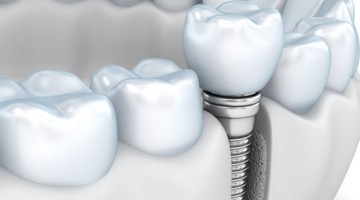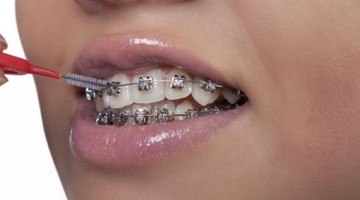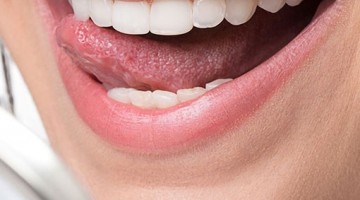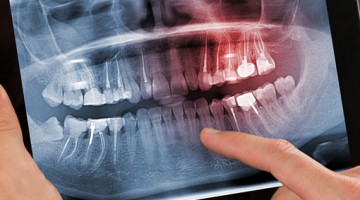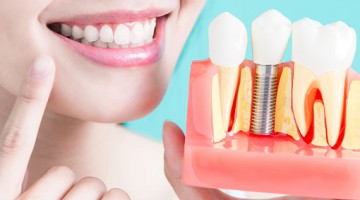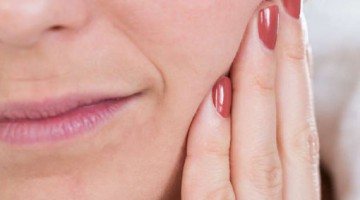 Wisdom tooth removal
Wisdom tooth removal
The Wisdom Molars are usually the last four of 32 teeth on the surface in the mouth, usually making their appearance between the ages of 17 and 25. In most cases, the lack of space in the mouth does not allow the wisdom teeth come in properly. The Wisdom Teeth can then acquire a potentially damaging position. If left untreated, wisdom teeth can contribute to infection, damage to other teeth and other problems.
In most cases, the lack of space in the mouth does not allow the wisdom teeth to erupt properly. When this happens, the tooth may become impacted (stuck) in an undesirable or potentially damaging position. If left untreated, Wisdom Teeth can contribute to infection, damage to other teeth, and possibly cysts or tumours.
There are several types or degrees of impaction based on the actual depth of the teeth inside the jaw:
Impact of Soft Tissue: The upper part of the tooth (the crown) has penetrated through the bone, but the gingiva (gum) covers part or all of the crown of the tooth has not been properly positioned around the tooth. Because it is difficult to keep the area clean, food can get trapped under the gum and cause infection and / or deterioration of the teeth, resulting in pain and swelling.
Partial Bone Impact: The tooth has partially exploded, but a portion of the crown remains submerged below the gum and the surrounding jaw bone. Again, because it is difficult to keep the area clean, infection will commonly occur.
Bone Impact Complete: The tooth is completely enclosed by the jaw. This will require more complex disposal techniques.
Reasons to remove wisdom teeth
While not all wisdom teeth require removal, wisdom tooth extractions in Vikaspuri are most often carried out because of an active problem such as pain, swelling, decomposition or infection, or as a preventive measure to avoid serious problems in the wisdom tooth. future. If the impaction of one or more teeth is present, and is not treated, it can produce a series of potentially harmful results, including:
Damage to adjacent teeth: second molars (the teeth directly in front of the Wisdom Teeth) can be adversely affected by Wisdom Teeth, which causes tooth decay (cavities), periodontal disease (gum disease) and possible loss of bone mass.
Diseases: Although rare, cysts and tumours can occur in the areas surrounding the wisdom teeth.
Infection: Bacteria and food can get trapped under the gum tissue, resulting in an infection. The infection can cause a lot of pain and danger.


